Belle-Skinner – Thanks for Asking!
Written by Staff on September 24, 2023
We reached out to Belle-Skinner to explore the depths of her music. This is her story.
RRX: Every comic book hero has an origin story. What is the origin story for the band? (points if you tell it like a comic book origin.)
BS: Everyone is always curious about where the name Belle-Skinner comes from, and to sum it up I always say, “it’s named after a place that’s named after a person”.
More specifically though, Skinner Hall (named after Isabelle Ruth Skinner) – a fairy-tale-like Gothic-spired music building which I had to traverse a reedy, swampy walkway every day to get to – was where I recorded my first original songs, and where I spent almost all of my waking hours my senior year of college. Before that, I didn’t really know what I wanted to do, and unlike everyone else around me (so it seemed), I felt like I hadn’t found my “thing” until then – so I have really fond memories of the place. I felt like the name fit my music really well, too. I added a hyphen in there, just to slightly disambiguate that that is my actual name, but I even managed to confuse Google Search into thinking that I’m an American businesswoman and philanthropist who died in Paris in 1928, and yet has 7 contemporary indie-folk records out on Spotify. I got a kick out of that when someone showed me that.
RRX: Every band’s first song is a milestone. But so is the latest song. Describe the first song/album you recorded, and also the latest song/album you recorded; what are the differences?
BS: The first song I wrote was a tune called “Tell Me” (on my EP “Operator”), and it’s about breaking up with a friend or romantic partner – it can be interpreted either way. It’s a pretty simple song, but I wrote it like how I still write most of my songs– just by tinkering around on my guitar until something sticks. I sometimes write entire songs in my head, too – but sitting down at an instrument fully fleshes it out for me.
The difference now would be that I know way more about music theory and I can hear what I want to do in my head and then execute it without stumbling around so much on my instrument. I also write more on piano. I think it’s good to play on slightly unfamiliar instruments, because you keep that amateur spark inside of you, and that way you can still surprise yourself.
I think I also use more metaphor now – overall my songwriting vocabulary and toolkit is more varied than when I started. When you start writing songs, the possibilities are endless and everything is new. When you get a little more experience there’s more of a critic within you, and that can be limiting in some ways, but also I think if you know how to handle that you write more interesting songs.
RRX: Like songs, every band has a unique feeling about their first show. What was your first show like? Was it your best show? If not, what was your best show like?
BS: I can’t really remember my first show – there were a lot of little showcases and open mics where you play only one song, and I don’t know whether that counts as a show. Of course, I think for most people the first public performance is probably nerve-wracking –but you do it over and over again and you get used to it and it’s fine.
My best show – I can’t pin that down either. There are lots of best shows. A great show is one where I feel like I really connected with the audience, feel comfortable (but not too comfortable – you don’t want to get bored or feel complacent) onstage, and sing and play with ease.
RRX: Music genres are difficult for some bands. Some strictly adhere; others not so much. What is your perspective on the genre you play, or the genres you hover around?
BS: I’m pretty eclectic. Because of this I’ve always felt like I could squeeze into any room or bill or scene without it being too out of place, and that includes anything from experimental electronica to rock bands to acoustic folk shows. I simply adjust my setlist to fit the environment I’m in.
But that makes it a little hard to pin down what I do. I mostly play solo on my classical or electric guitar – so I do get put into the singer-songwriter or folk genre, but I don’t think I’m strictly folk. I like to sing a wide range of genres (jazz, indie, classic folk, country, classical/opera, foreign language songs, musicals, and more), both originals and covers.
I just play what I like or what interests me, and hope that there’s something for everyone in that. Maybe I introduce something new to someone in the audience that makes them now interested in that genre or idea, and that’s worth it to me, too.
RRX: It’s a lot of fun living in the present, but we all collect memories and give birth to dreams. We’re talking dreams here. Where you see yourself next year? In the next five years?
BS: I have a lot of records I want to make and finish, and I want to tour a lot more again – going to Europe and Japan would be a dream of mine!
RRX: We all get a little support from those around us. And we also can be impressed by our fellow bands. Who do you admire in your community, and why?
BS: Gosh, it’s really hard to list everyone without feeling like you’re leaving someone out. So I’m going to list some folks whom I admire for making a space for singer-songwriters in this scene. Places like Troy Listening Room with Sophia Vastek and Sam Torres, Song City with Scott Womer, The Jive Hive, Superdark, Superior Merchandise, and The Studio in Troy. I hope I didn’t forget anyone, but if I did – please feel free to say so! There’s a lot of hard work that goes into fostering a real listening space culture, so we singer-songwriters really appreciate the folks who do that!
Interview by Liam Sweeny.
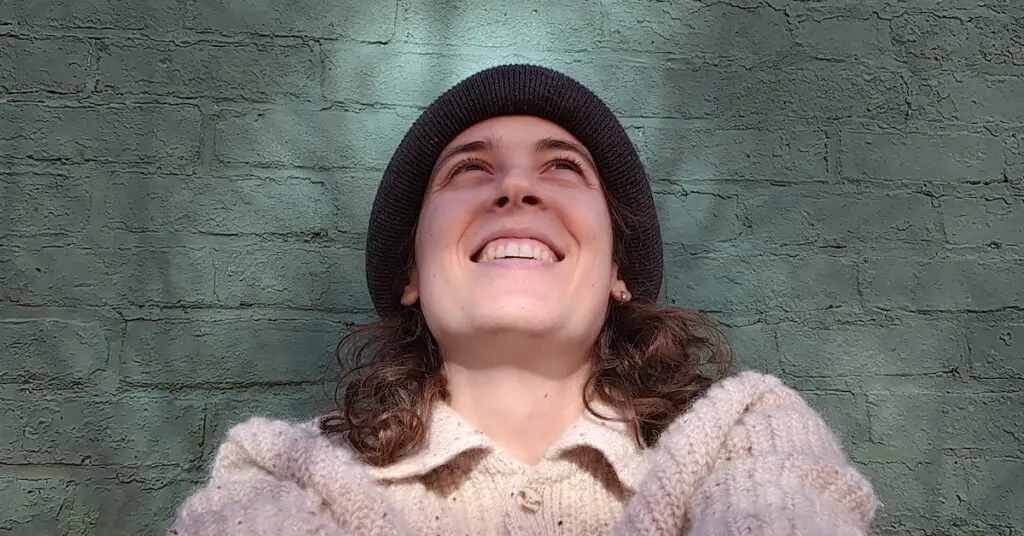
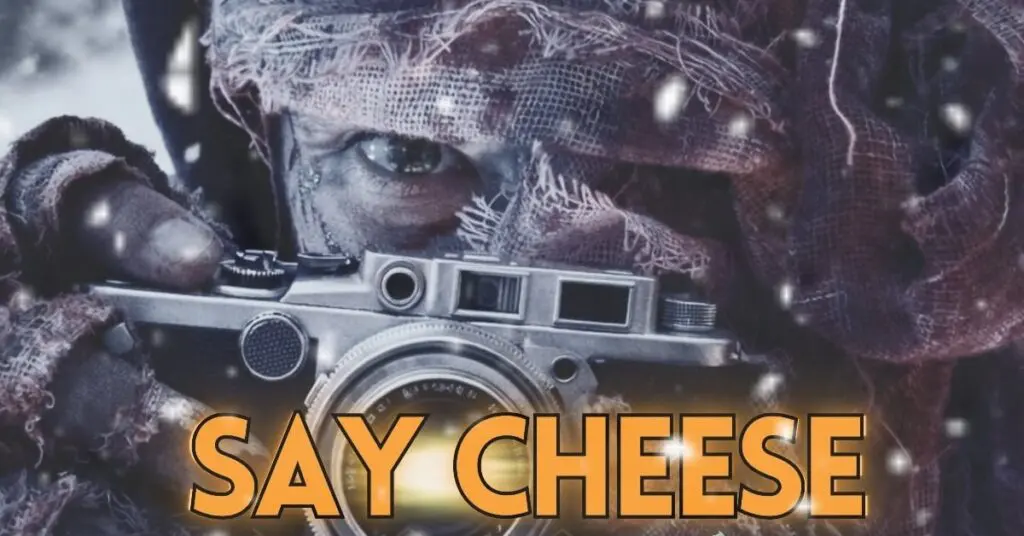
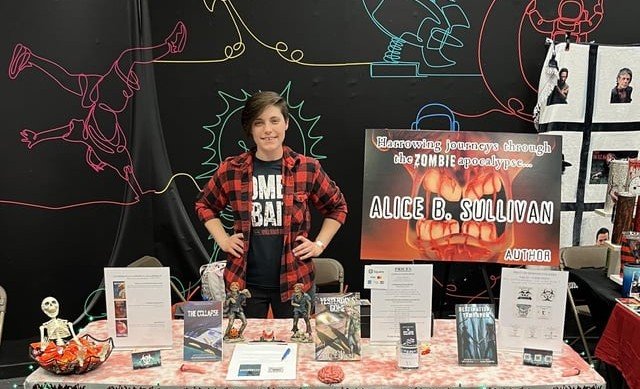
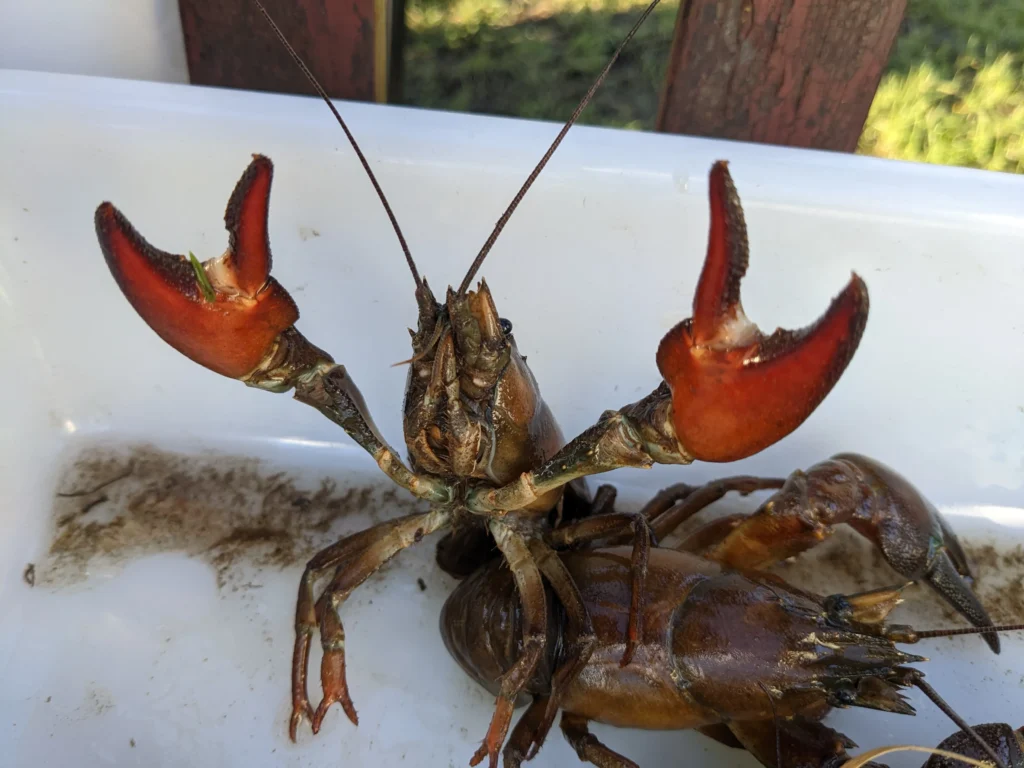
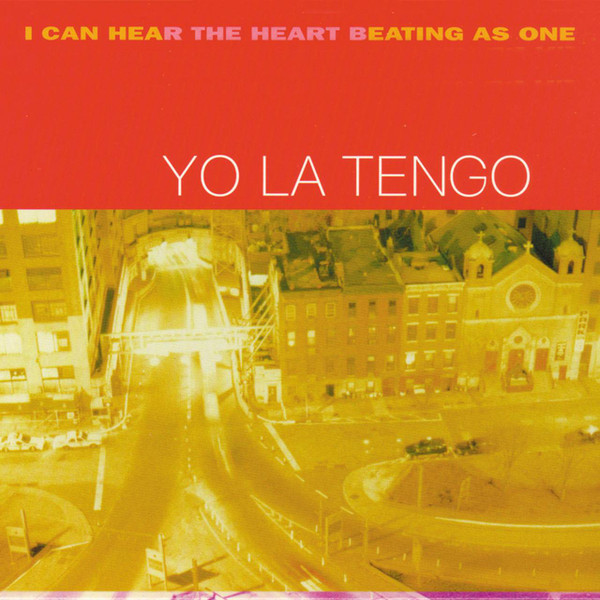
 RadioRadioX
RadioRadioX